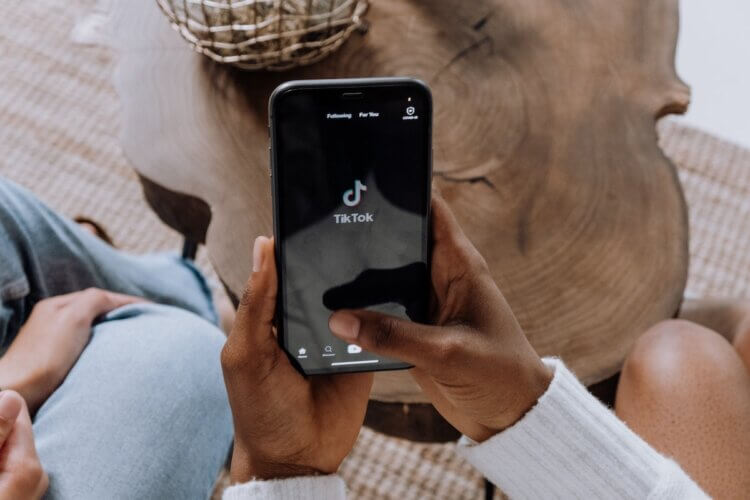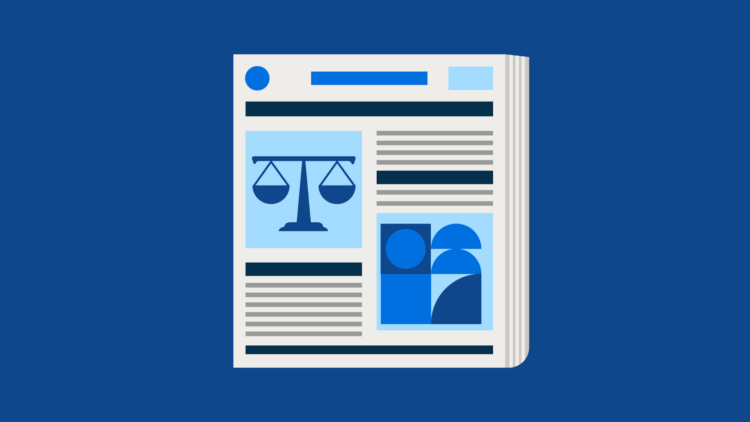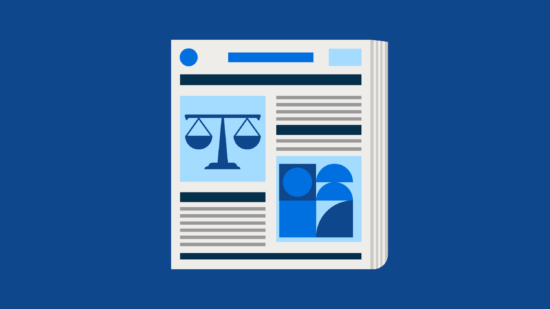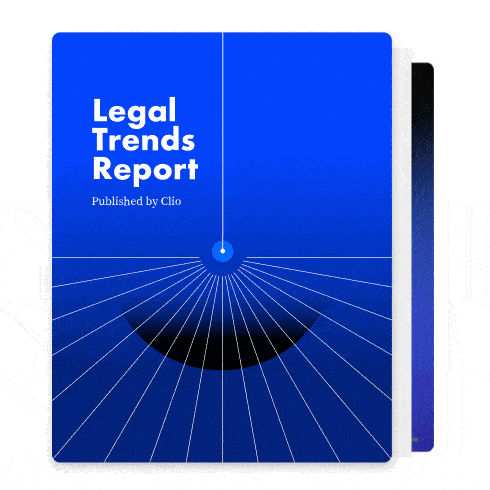If you’re one of the one billion monthly active TikTok users worldwide—or a devout “LawTok” follower—you’ve probably seen news stories discussing a TikTok ban in the United States. With legislation targeting the regulation or outright banning of TikTok in American jurisdictions, there’s a lot going on—which is why we’re providing a TikTok ban update. Below, we’ll cover what TikTok is, a quick run-down on the current TikTok-related legislation in the United States, and the potential implications of these legislative changes.
What is TikTok?
TikTok is a highly popular social media platform. ByteDance, a Chinese internet technology company, acquired TikTok (formerly known as Musical.ly, a lip-syncing app) in 2018. TikTok enables users to generate, view, and distribute short-form videos. Renowned for its distinctive recommendation system, TikTok’s algorithm determines the videos displayed on a user’s feed by analyzing their past viewing preferences and the accounts and hashtags they follow. Though TikTok may have begun as a lip-syncing app, TikTok has grown into a content creation platform, where users put together funny sketches, entertainment and dance videos, and even educational content, covering topics from mental health to investing. As a result, TikTok has spawned thousands of online communities, including LawTok. Why is TikTok so popular? One reason for its popularity is its addictive nature. When a user opens TikTok, videos start playing one-by-one, and they get immersed in a sea of content. Additionally, TikTok enables anyone, regardless of their background, to create content effortlessly. Therefore, even lawyers who may lack marketing experience but desire to utilize the platform for brand growth or connecting with other legal professionals can easily begin. Want more? We have an entire guide to social media for lawyers.

TikTok bans: A brief summary
As of the last update, TikTok has been restored in the United States after it was briefly inaccessible (pursuant to President Trump’s vow to reinstate TikTok upon returning to the White House). The United States has enacted several laws that either outright ban TikTok or possess the potential to do so. Let’s delve into them in more detail.
Protecting Americans From Foreign Adversary Controlled Applications Act
President Biden signed the Protecting Americans From Foreign Adversary Controlled Applications Act in 2024, giving TikTok 165 days to separate from its parent company, ByteDance. As of January 18, 2025, TikTok had shut down in the United States shortly before its ban would have taken effect. Shortly thereafter, service was restored after President Trump vowed to reverse the ban upon returning to office on January 20, 2025.
No TikTok on Government Devices Act
On December 29, 2022, President Biden signed the No TikTok on Government Devices Act into law. Originally introduced in the Senate in 2020, this law prevents federal employees from downloading or using TikTok on federal government and government corporation devices –now with 30 states and counting prohibiting the use of TikTok .
Montana TikTok ban
In May of 2023, Montana became the first American state to enact a TikTok ban. This law would have prohibited “entities” (such as Apple and Google) from allowing others to access or download TikTok in Montana. The ban, which was planned to go into effect in January 2024, has now been halted by a federal judge.
You may like these posts
Why is TikTok being banned?
What could short-form videos do to draw such ire from the United States government? It has less to do with the platform’s content and more to do with security concerns. These concerns stem from the fear that the Chinese government could order TikTok’s owner, ByteDance, to share user data, resulting in exposure of Western security interests. And, in fact, there are allegations (currently being investigated by the Justice Department) that TikTok has been using TikTok data to spy on American journalists.
TikTok’s privacy policy
TikTok’s Privacy Policy outlines the types of information that TikTok collects from users. According to their Privacy Policy, TikTok may collect the following information regarding users:
- Profile information, including usernames, passwords, birth dates, contact information, and any information disclosed in a user’s profile.
- User content, including uploaded photographs, audio, and videos.
- Messages sent or received through the platform’s messaging functionalities.
- Purchase information, including payment cards, billing, delivery, contact information, and items purchased.
Additionally, the platform collects how users engage with the platform, inferred information, technical information (e.g., IP addresses, time zone settings, mobile carriers, and keystroke patterns), location information, and more.
Legal challenges to TikTok bans
Unsurprisingly, TikTok bans are already facing their share of legal challenges (and more are sure to come). TikTok and its parent company, ByteDance, continues to challenge the potential ban in the courts. Time will tell what impact—if any—they will have on the TikTok ban.
When will authorities ban TikTok?
The Protecting Americans From Foreign Adversary Controlled Applications Act aims to completely remove the application from U.S. app stores if TikTok does not separate from its parent company by the relevant deadline. While federal government employees are already prohibited from downloading TikTok on their devices, the rest of the country currently has access to TikTok for use, for now.

TikTok ban update: Our final thoughts
With an impending TikTok ban, bans on government devices, and other legal challenges, there’s going to be a lot to follow in the coming months. Nevertheless, these legal challenges raise interesting questions regarding governments’ abilities to ban free speech and expression or otherwise censor individuals. As TikTok has gained immense popularity as a social media platform, we expect that significant resistance will meet any subsequent bans. Until then, we’ll continue to watch this space to see how a TikTok ban might impact lawyers using TikTok. Regardless of the social media platforms you use (now or in the future), be mindful of your ethical obligations on any social media platform. Never share specific case details and be mindful of interacting with clients (for example, inadvertently initiating a lawyer-client relationship) when interacting online. Above all, be sure to consider using online social media platforms that will help you drive business. Learn more in The Ultimate Social Media Playbook for Lawyers, our comprehensive resource on social media.
We published this blog post in March 2024. Last updated: .
Posted in: Technology
Explore AI insights in our latest report
Our latest Legal Trends Report explores the shifting attitudes toward AI in the legal profession and the opportunities it brings for law firm billing, marketing, and more.
Read the report





